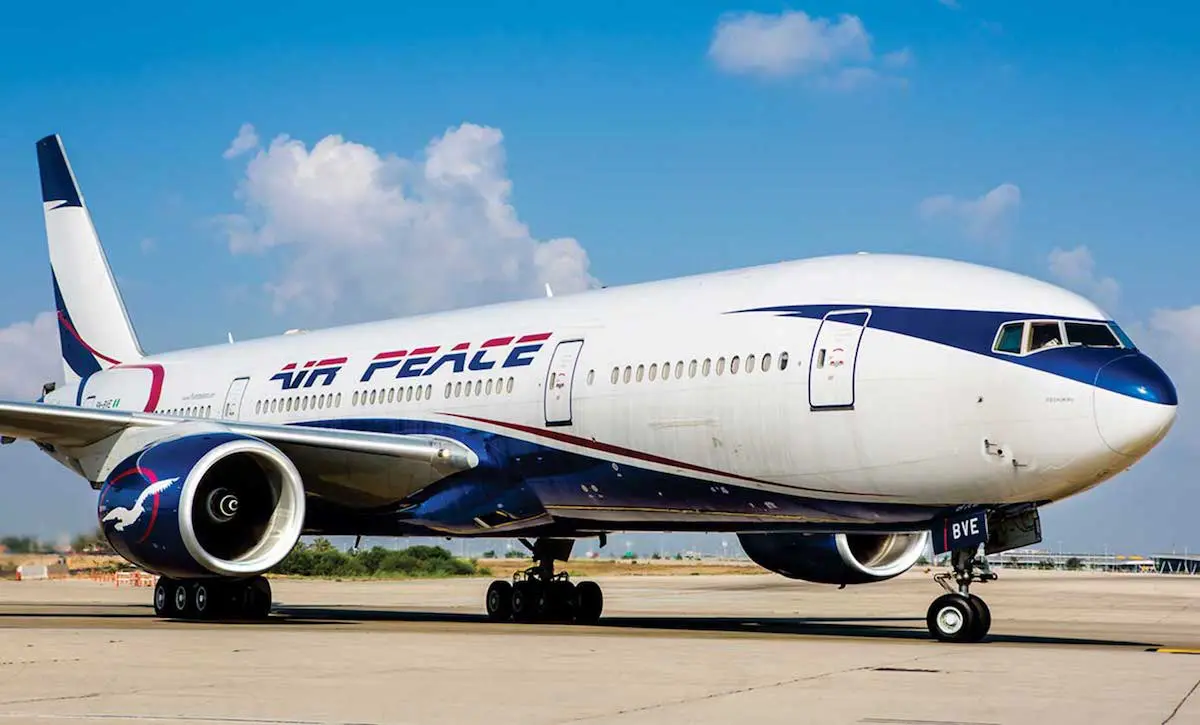The United Kingdom Civil Aviation Authority (UK CAA) has raised concerns over safety violations allegedly committed by Nigerian carrier, Air Peace. These concerns were communicated to Nigeria’s Civil Aviation Authority (NCAA) via a letter from the UK CAA, indicating that Air Peace had purportedly breached certain aviation safety regulations.
This development occurred shortly after Air Peace commenced its Lagos-London route, sparking a competitive price war among airlines. Reportedly, two mandatory incident reports regarding Air Peace were forwarded to the UK CAA, which subsequently relayed the complaints to the NCAA.
The UK CAA’s letter of complaint, titled “United Kingdom SAFA Ramp Inspection Report,” highlighted issues related to the lack of operational approval for Electronic Flight Bag (EFB) functions, which are crucial for safe aircraft operation. The NCAA, in response, addressed these concerns in a letter to Air Peace, seeking clarification on the identified issues.
Specifically, the NCAA noted that the UK CAA had flagged the absence of proper mounting devices for EFB, as well as inadequate charging points or backup batteries. The captain of the flight reportedly confirmed the use of EFB for navigational purposes, indicating potential operational deficiencies.
Air Peace, however, has yet to respond to these allegations at the time of reporting. It’s noteworthy that Air Peace had recently commenced operations at London Gatwick from Murtala Muhammed International Airport, Lagos, under Nigeria’s Bilateral Air Services Agreement with the UK.
This situation underscores the critical importance of adherence to aviation safety regulations to ensure the safety of passengers and crew. The NCAA’s proactive response to address the identified concerns reflects the commitment to upholding safety standards in the aviation industry. It remains to be seen how Air Peace will address these allegations and mitigate any potential safety risks in its operations.

